Khyber Pakhtunkhwa (KPK), located in the northwestern region of Pakistan, is known for its stunning natural beauty, rich cultural heritage, and historical significance.

Here are the Top 10 Amazing Facts about KPK.
- Land of the Frontier: Khyber Pakhtunkhwa, often referred to as the “Land of the Frontier,” is bordered by Afghanistan to the west and the tribal areas of Pakistan to the north and west. It serves as a gateway to the rugged and mountainous landscapes of the Hindu Kush and the Himalayas.
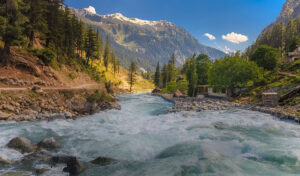
- Diverse Ethnicity and Culture: KPK is home to a diverse array of ethnic groups, including Pashtuns, Hazaras, Hindkowans, and others. Pashto is the predominant language spoken in the province, and Pashtun culture, with its traditions of hospitality, poetry, and tribal customs, influences daily life.
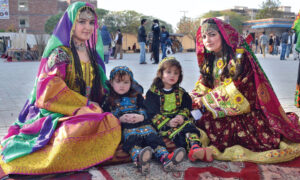
- City of Peshawar: Peshawar, the provincial capital of KPK, is one of the oldest cities in South Asia, with a history dating back over 2,000 years. It has served as a major center of trade, commerce, and cultural exchange along ancient trade routes such as the Silk Road.
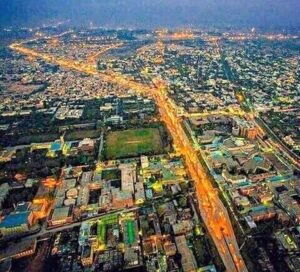
- Historic Gandhara Civilization: KPK is home to the ancient Gandhara Civilization, which flourished in the region over two millennia ago. The Gandhara region, centered around modern-day Peshawar and Taxila, was a cradle of Buddhist art and culture, with its iconic sculptures and stupas reflecting the influence of Hellenistic and Indian aesthetics.

- Trekking and Adventure Tourism: Khyber Pakhtunkhwa boasts breathtaking natural landscapes, including lush valleys, soaring peaks, and pristine rivers. The province is a paradise for outdoor enthusiasts, offering opportunities for trekking, mountaineering, white-water rafting, and paragliding in destinations such as Swat Valley, Kaghan Valley, and Chitral.

- Pakhtunwali Code: Pakhtunwali, the traditional code of conduct followed by the Pashtun people, emphasizes principles such as hospitality (melmastia), honor (ghairat), and revenge (badal). This code has deep-rooted significance in Pashtun society and guides interpersonal relations and justice.

- Kalash Valley and Culture: KPK is home to the Kalash Valley, inhabited by the indigenous Kalash people, who practice a unique animistic religion and celebrate colorful festivals such as Chilam Joshi and Uchal. The Kalash culture and traditions are distinct from the surrounding Muslim-majority regions.
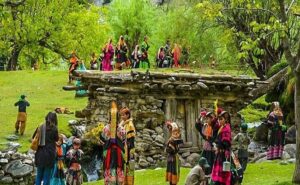
- Khyber Pass: The historic Khyber Pass, located in KPK near the border with Afghanistan, has been a strategic gateway and crossroads of civilizations for millennia. It has witnessed the passage of conquerors, traders, and travelers throughout history and remains an iconic symbol of the region’s importance.
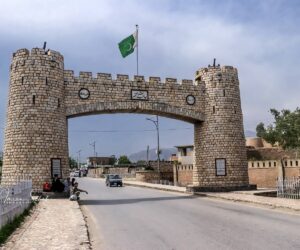
- Hydropower Potential: Khyber Pakhtunkhwa possesses significant hydropower potential, with numerous rivers and tributaries flowing through its mountainous terrain. Projects such as the Tarbela Dam and the Diamer-Bhasha Dam harness the region’s water resources for electricity generation and irrigation.
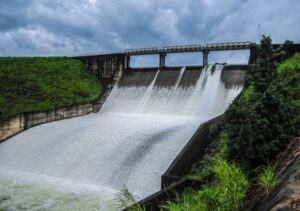
- Hospitality and Resilience: Despite facing challenges such as conflict, natural disasters, and economic hardship, the people of Khyber Pakhtunkhwa are known for their resilience, courage, and hospitality. Visitors to the region often remark on the warmth and generosity of its inhabitants.

These facts illuminate the cultural richness, natural beauty, and historical significance of Khyber Pakhtunkhwa, making it a fascinating and integral part of Pakistan’s diverse landscape.




